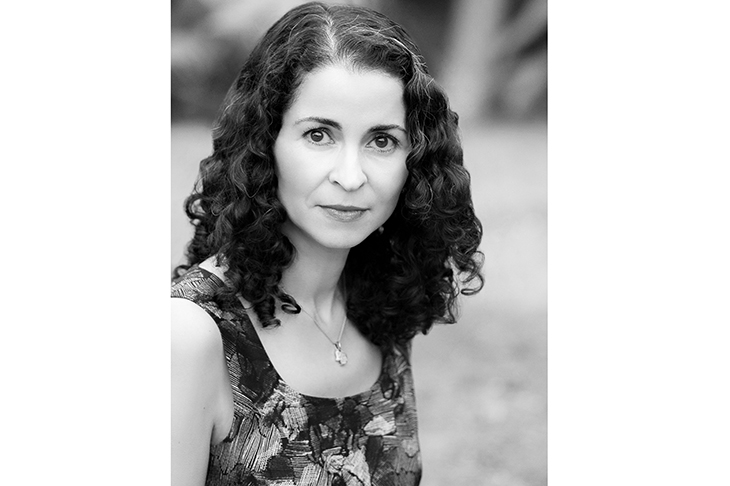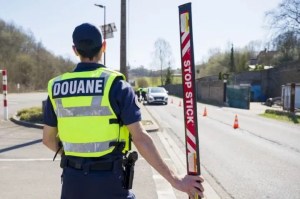Late one night, on a dimly lit stretch of highway in a small town in the Californian Mojave desert, an elderly Moroccan has just locked up his restaurant when he’s struck by a speeding car and left for dead. A hit and run. An accident? Or something more sinister? The only witness, a Mexican worker with dubious papers, knows better than to talk to the police. And in any case, he didn’t actually see what happened: fixing his bicycle chain, he had looked up just as the man bounced off the windscreen. As he repeatedly tells himself: ‘All I saw was a man falling to the ground.’
The violent death is a catalyst, gradually revealing evasions and lies; unexpected links between people in the fag-end town where The Other Americans is set. Laila Lalami has gone for a bold, even risky form: nine narrators, divided by race, religion and social background, take over the story, resurfacing in brief, interwoven chapters. We hear the dead man’s widow; his daughter Nora, struggling to make a career as a composer; her older sister, apparently contented with her conventional life; the nervous not-quite witness; an old classmate and admirer of Nora, traumatized by his time in the Iraq war. There are neighbors resentful of an immigrant’s success. Even the dead man speaks, in flashback. The cop in charge of the case, scrupulously pursuing the truth, is an African American with her own family problems. Through their differing voices we build up a picture of their lives, and of the town itself with its conflicting loyalties and feuds; its fierce desert heat, the Santa Ana wind ‘bringing fury and fire’, the arid beauty of the surrounding landscape.
This is not Norman Rockwell Saturday Evening Post territory, with cute family Thanksgivings and kids going fishing with dad. Lalami’s people are the ‘other’ Americans: first- or second-generation migrants; an African American ill at ease in her own country; a police officer who served in Iraq and gets asked suspiciously: ‘You Polish?’ when he gives his name: Gorecki. A sense of alienation bleeds into the everyday. They face indignities, large and small; marginalized people, disappointed with the present, yearning for that foreign country where they do things differently.
Lalami, herself Moroccan born, has said that all her novels are about migration of one sort and another: her debut, The Secret Son, dealt with the coming of age of a boy looking for a missing father. Her second, The Moor’s Account, was an ingenious retelling of a historical event, seen through the eyes of an ‘invisible’ witness — a black slave — which won the American Book Award and was a finalist for a Pulitzer Prize for fiction.
The tessellated structure of The Other Americans means that the narrative sometimes loses focus, and the emerging love story is not altogether convincing; but the multiple viewpoints give it the breadth of a family saga with the suspense of a mystery and, finally, the satisfying resolution of a thriller.
This article was originally published in The Spectator magazine.


















